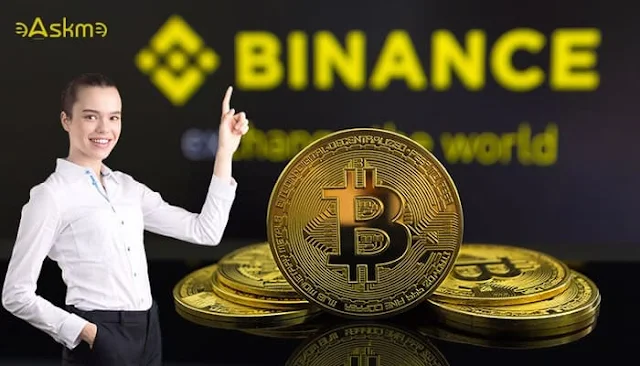With the impressive technological surge that has taken place over the past decade, the financial sector has also undergone significant transformation. The inception of cryptocurrencies, specifically Bitcoin, has revolutionized the traditional approach towards money, finance, and the whole economic structure.
.jpg) |
| Decoding the Cryptocurrency: A Comprehensive Analysis of Bitcoin: eAskme |
The Evolution of Bitcoin: A Brief History
Bitcoin was the first digital currency that gave a new dimension to the concept of cash.
Launched in 2009 by an anonymous individual or group using the pseudonym Satoshi Nakamoto, Bitcoin aimed to make online transactions more secure and decentralized.
Over time, more people began accepting bitcoins, and as their popularity surged, they became an exciting domain for investment.
This virtual cash system employs cryptographic techniques to regulate the creation of new bitcoins and secure financial transactions.
The Essence of Bitcoin Technology:
Bitcoins are generated through a process called 'mining'.
This involves using powerful computers to solve complex mathematical problems. Once these problems are solved, a new block is added to a public ledger, known as blockchain.
The miners receive rewards in the form of bitcoins for their contribution to the ledger. Blockchain technology is the backbone of Bitcoin and provides a secure, decentralized platform for transactions.
The Significance of Bitcoin in Today's Market:
Bitcoin has drawn the interest of many individuals, investors, and businesses worldwide because of its potential to become an alternative to traditional currency.
It offers numerous benefits, such as lower transaction fees compared to other online payment mechanisms, and is operated by a decentralized authority, unlike government-issued currencies.
Like other assets, Bitcoin's value fluctuates according to market supply and demand.
An analyst from bitcoingambling.org highlights that while Bitcoin is a popular choice for investments, it should be dealt with strategically as its value can be highly volatile.
The Challenges Associated with Bitcoin:
While Bitcoin offers numerous advantages, it also brings a set of challenges. The decentralization, while providing freedom from regulatory authorities, also means a lack of safety nets in case something goes wrong. Bitcoin transactions, once executed, cannot be reversed.
Also, the value of Bitcoin can be highly volatile, leading to financial losses for investors.
These risks highlight the need for potential investors to fully understand their monetary landscape and seek expert advice before entering this market.
The Future of Bitcoin:
The future of Bitcoin is a topic of hot debate among experts. Some believe that it represents the future of global financial systems, while others express cynicism due to its volatile nature.
However, one thing is sure—Bitcoin has paved the way for a new approach to financial operations.
Many experts, including those at bitcoingambling org, suggest that Bitcoin will continue to evolve and mature, creating new avenues for financial transactions and investment opportunities.
Conclusion:
Bitcoin, since its inception, has evolved from being a technological curiosity to becoming a significant player in the global financial market.
Despite the controversies and debates surrounding this digital currency, it continues to grow in popularity and acceptance.
It is an undeniable fact that Bitcoin and other cryptocurrencies are ushering in a new era of digital finance, and its implications are just beginning to be understood.
Share it with your friends and family.
Don't forget to join the eAskme newsletter to stay tuned with us.
Other handpicked guides for you;










-Oracles-and-DeFi-Data-for-Bitcoin.jpg)









